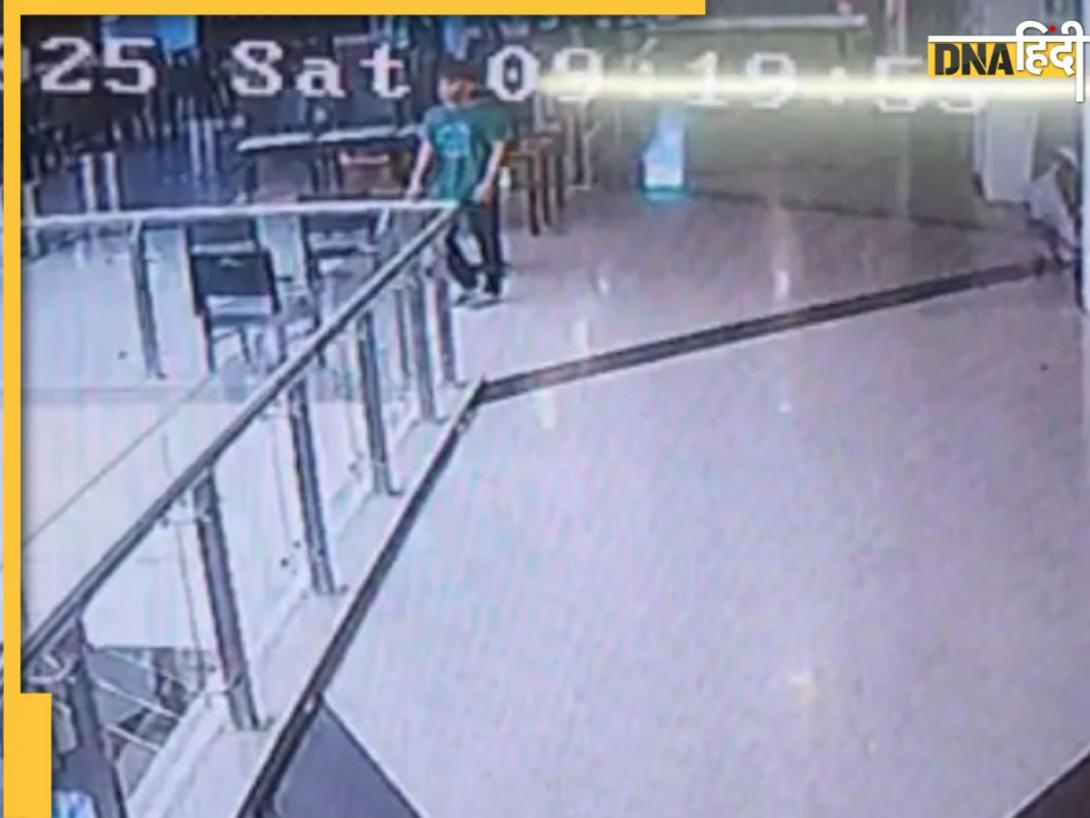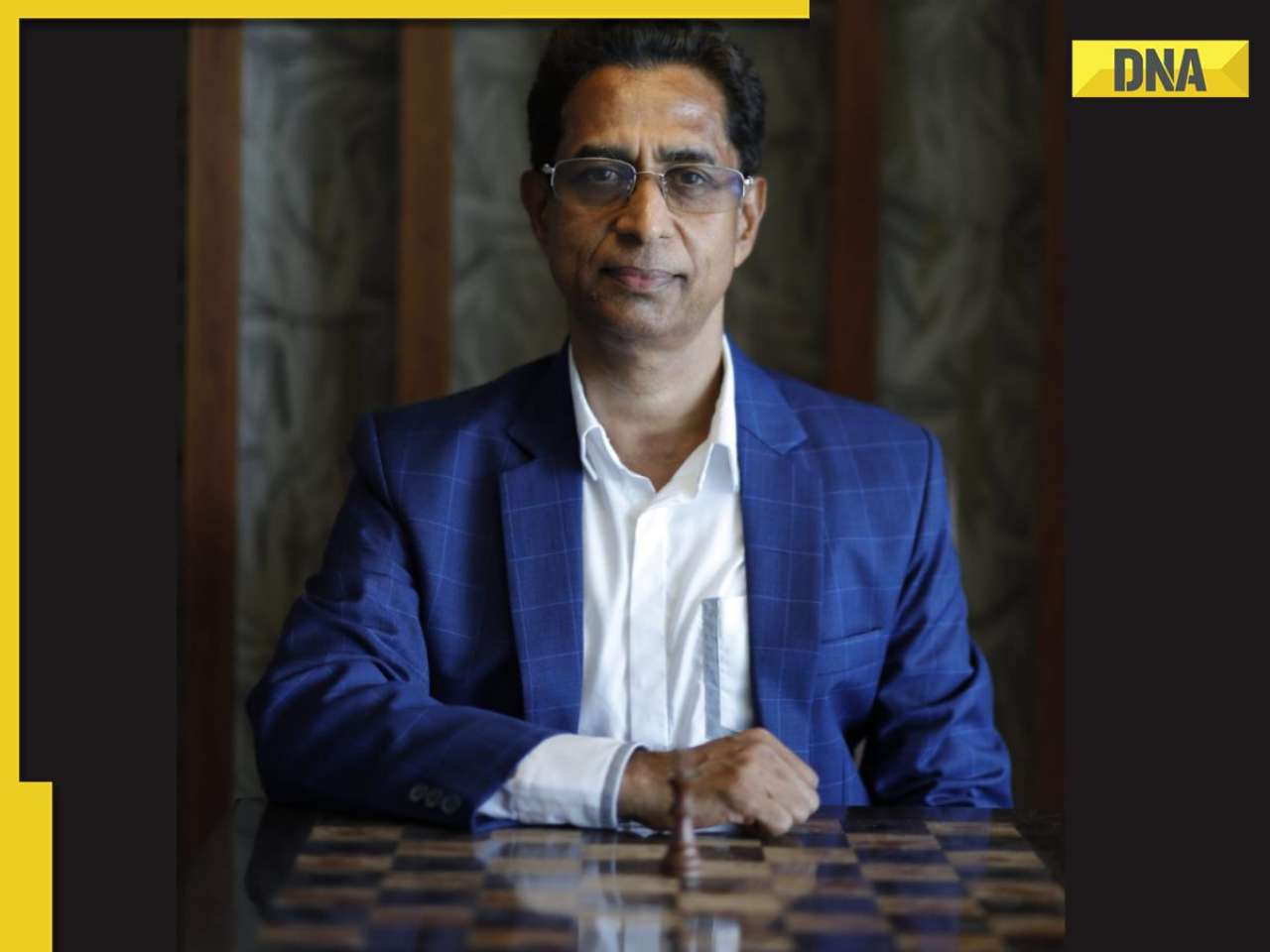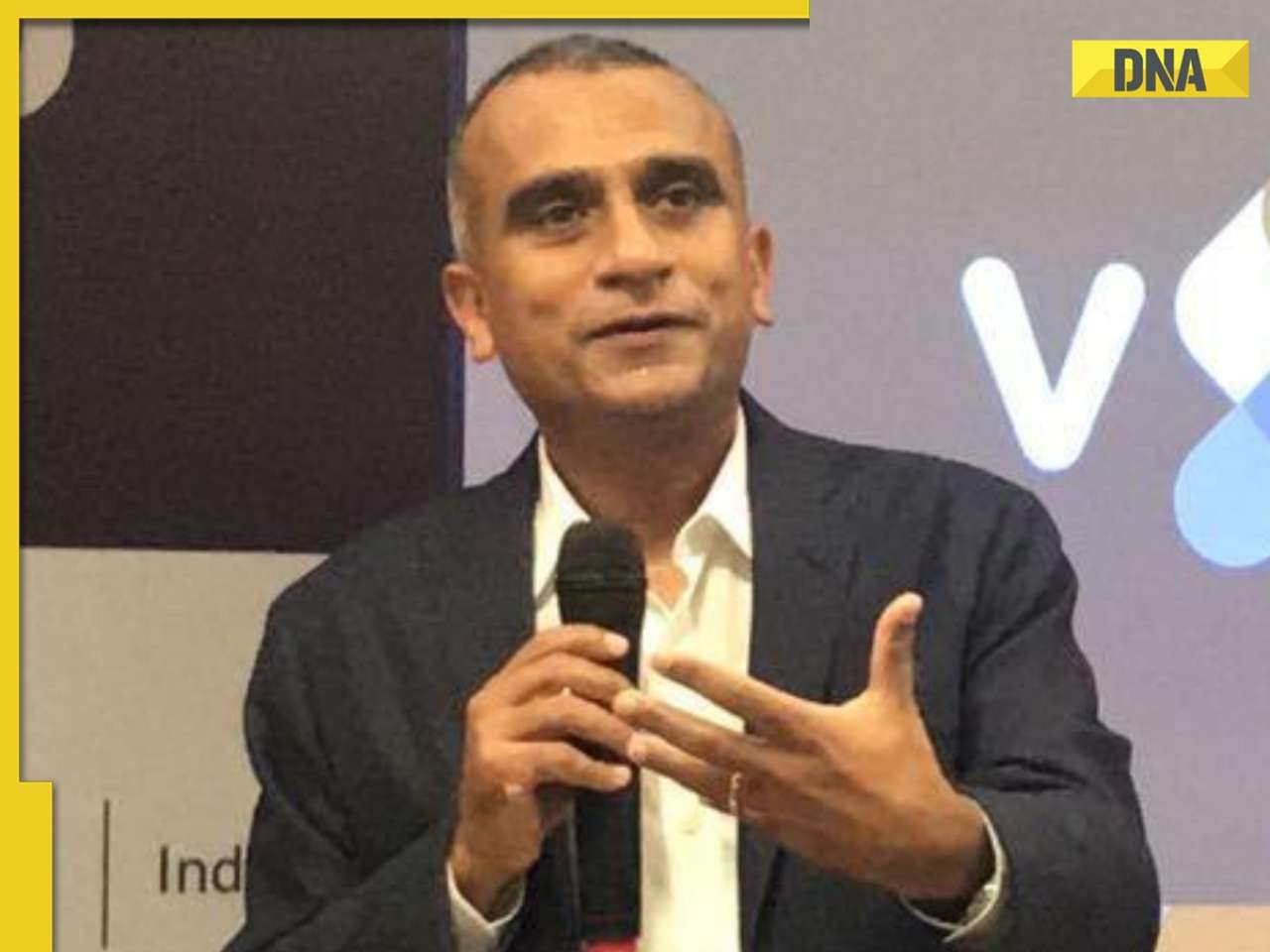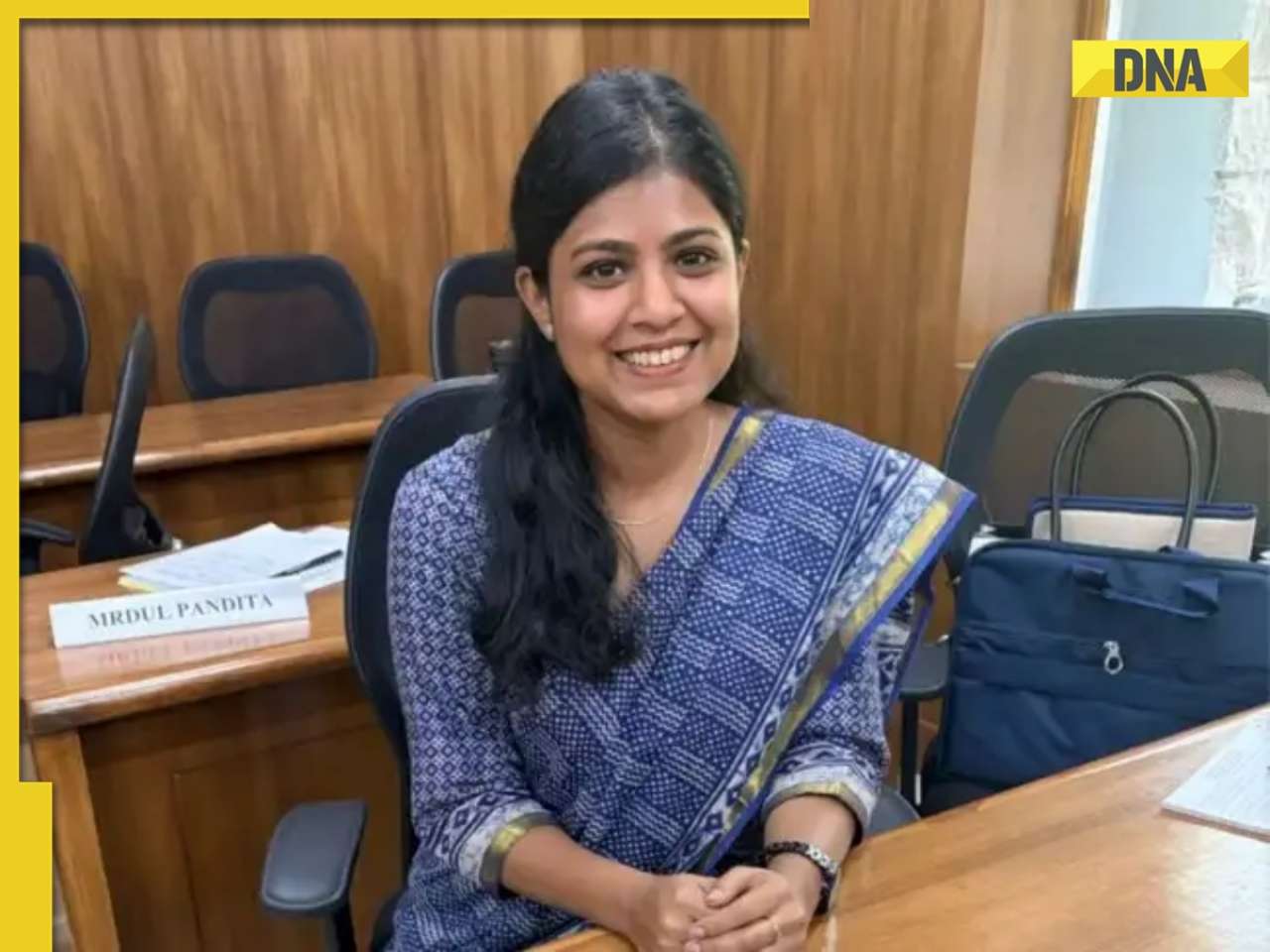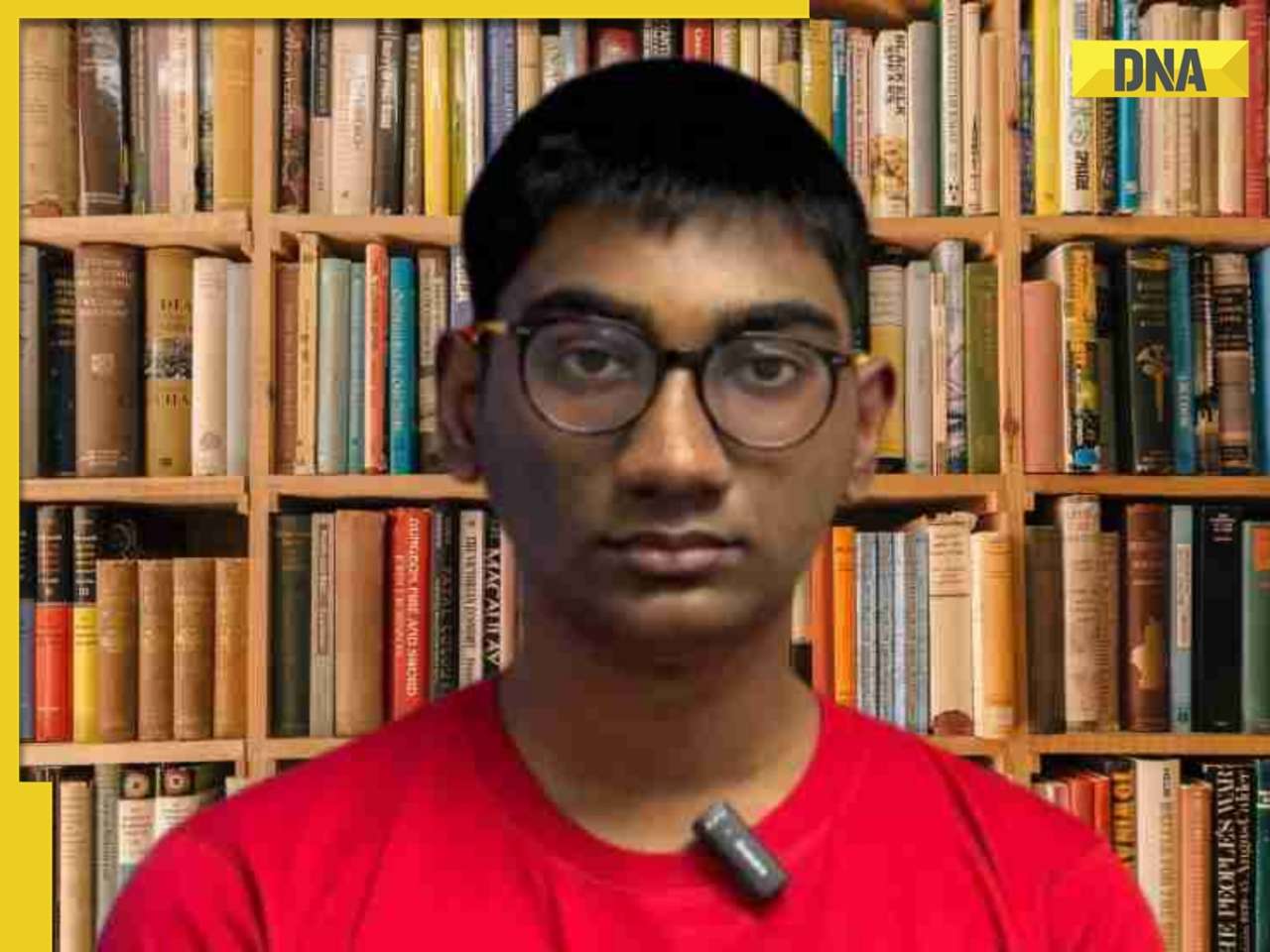- LATEST
- WEBSTORY
- TRENDING
TECHNOLOGY
Harnessing AI for the Future: Smit Dagli on Generative AI, Cybersecurity and Innovation
He also addresses ethical concerns, the future of AI in the industry, and the evolving roles of professionals in an AI-augmented landscape.
TRENDING NOW
In this enlightening interview, Smit Dagli, a leading expert in AI technologies, delves into the transformative role of Generative AI, Large Language Models (LLMs), and AI agents in reshaping software development and cybersecurity. Dagli shares insights into how these advanced technologies are enhancing code generation, automating routine tasks, and fortifying cybersecurity defenses. He also addresses ethical concerns, the future of AI in the industry, and the evolving roles of professionals in an AI-augmented landscape.
At a prominent behavioral AI cybersecurity startup, Dagli substantially improved the company's threat detection capabilities by overhauling their proprietary rule-parsing engine. His most notable achievement involves harnessing large language models (LLMs) to develop an AI-powered tool for automated email classification and remediation. This innovative solution promises to revolutionize email threat management for companies, potentially saving hundreds of engineering hours monthly and showcasing Dagli's prowess in applying cutting-edge AI to real-world security challenges.
Dagli's innovative approach extends beyond security into cloud computing and data management. As one of the first engineers at a venture-backed insurance-tech startup, he designed a serverless storage and search infrastructure that optimized costs and markedly enhanced data-indexing performance, playing a pivotal role in the company's market launch. His work in integrating AI with cybersecurity and cloud technologies is setting new standards in Silicon Valley, positioning him as an important figure in shaping the future of these fields.
1. Can you explain what Generative AI is, and how technologies like Generative AI, LLMs, and AI agents are reshaping the landscape of software development? Could you provide an example from your work?
Generative AI refers to systems that can generate new content, such as text, images, or even code, based on the data they've been trained on. Large Language Models (LLMs) like GPT-4 are a specific type of generative AI that can understand and generate human-like text. AI agents, on the other hand, are software entities that perform tasks autonomously, often using AI techniques.
In the context of software development, these technologies are transforming how we approach code generation, documentation, and the overall software development lifecycle. For instance, AI-driven tools can now generate boilerplate code, create detailed documentation, and even suggest improvements to existing codebases. In my work, I've harnessed large language models (LLMs) to develop an AI-powered tool for automated email classification and remediation. This innovative solution revolutionizes email threat management, potentially saving companies hundreds of engineering hours monthly. By automating critical but time-consuming tasks, we've enabled security teams to focus on more complex challenges, significantly enhancing overall cybersecurity posture while demonstrating the power of AI in addressing real-world security challenges.
2. How are you applying these AI technologies to enhance cybersecurity measures? What unique advantages do they offer in threat detection and prevention?
AI technologies are revolutionizing cybersecurity by providing advanced capabilities in threat detection, analysis, and response. Generative AI, for instance, can create diverse testing scenarios that simulate various cyber-attack patterns, helping in identifying vulnerabilities that might otherwise go unnoticed. LLMs and AI agents can analyze vast amounts of data in real-time, detecting anomalies and potential threats with greater accuracy and speed than traditional methods.
In our cybersecurity systems, we've developed AI-driven models that can predict and respond to potential security breaches. These systems can learn from past incidents, continuously improving their ability to detect and mitigate threats. The unique advantage of these AI technologies lies in their ability to process and analyze data at a scale and speed that human analysts cannot match, leading to faster and more effective threat prevention.
3. There's concern about AI replacing jobs. How do you see AI agents and LLMs changing the roles of software developers and cybersecurity professionals in the coming years?
AI is undoubtedly changing the landscape of many industries, including software development and cybersecurity. However, rather than replacing jobs, I see AI as a tool that augments human capabilities. For software developers, AI agents and LLMs can handle routine and repetitive tasks, allowing them to focus on more complex problem-solving and creative aspects of development. Similarly, in cybersecurity, AI can automate the detection and analysis of threats, enabling professionals to concentrate on strategic decision-making and more sophisticated security measures.
In the coming years, we will likely see a shift in job roles, with an increased emphasis on skills such as AI system design, data analysis, and ethical considerations. It's crucial for professionals in these fields to adapt by continuously learning and evolving with the technology.
4. We often hear about the risks associated with AI. In your work, how do you balance the powerful capabilities of AI with potential security risks and ethical concerns?
Balancing the capabilities of AI with security risks and ethical concerns is a critical aspect of our work. One of the primary concerns is the potential for bias in AI models, which can lead to unfair or unintended outcomes. We address this by implementing rigorous testing and validation processes, ensuring that our models are trained on diverse and representative datasets.
Moreover, we emphasize transparency and explainability in our AI systems, making sure that the decision-making processes are understandable to human users. This is particularly important in critical areas like cybersecurity, where understanding the rationale behind an AI's decision can be crucial for effective action. Ethical considerations also extend to the responsible development and deployment of AI technologies. We adhere to industry standards and best practices, continuously updating our policies to align with emerging guidelines and regulations.
5. AI hallucinations and biases in large models have been topics of discussion. How do you address these challenges when applying LLMs to critical areas like cybersecurity?
AI hallucinations—where models generate plausible but incorrect information—and biases are significant challenges, especially in critical areas like cybersecurity. To mitigate these issues, we implement a multi-layered approach that includes:
a. Rigorous Validation - We thoroughly test our models against known benchmarks and datasets to ensure accuracy and reliability.
b. Continuous Monitoring - AI systems are continuously monitored for performance, and any anomalies or unexpected behaviors are investigated and addressed promptly.
c. Human Oversight - We maintain a system of checks and balances where human experts review and validate AI-generated outputs, particularly in high-stakes scenarios.
6. Can you discuss the role of Generative AI in creating more robust testing scenarios for software? How does this impact the overall quality and security of software products?
Generative AI plays a crucial role in enhancing the robustness of software testing. By generating diverse and complex testing scenarios, these AI systems can simulate a wide range of real-world conditions and edge cases that might be difficult or time-consuming to create manually.
This comprehensive testing leads to the identification of more potential issues and vulnerabilities, thereby improving the overall quality and security of software products. It allows developers to address weaknesses before they reach production, resulting in more reliable and secure software solutions.
In my experience, the integration of AI technologies into software development and cybersecurity is not just about automation but also about enhancing human capabilities. By focusing on ethical considerations, continuous learning, and collaborative innovation, we can harness the power of AI to create a more secure and efficient digital landscape. As we move forward, the key will be to ensure that these technologies are developed and deployed responsibly, with a keen awareness of their potential impact on society.


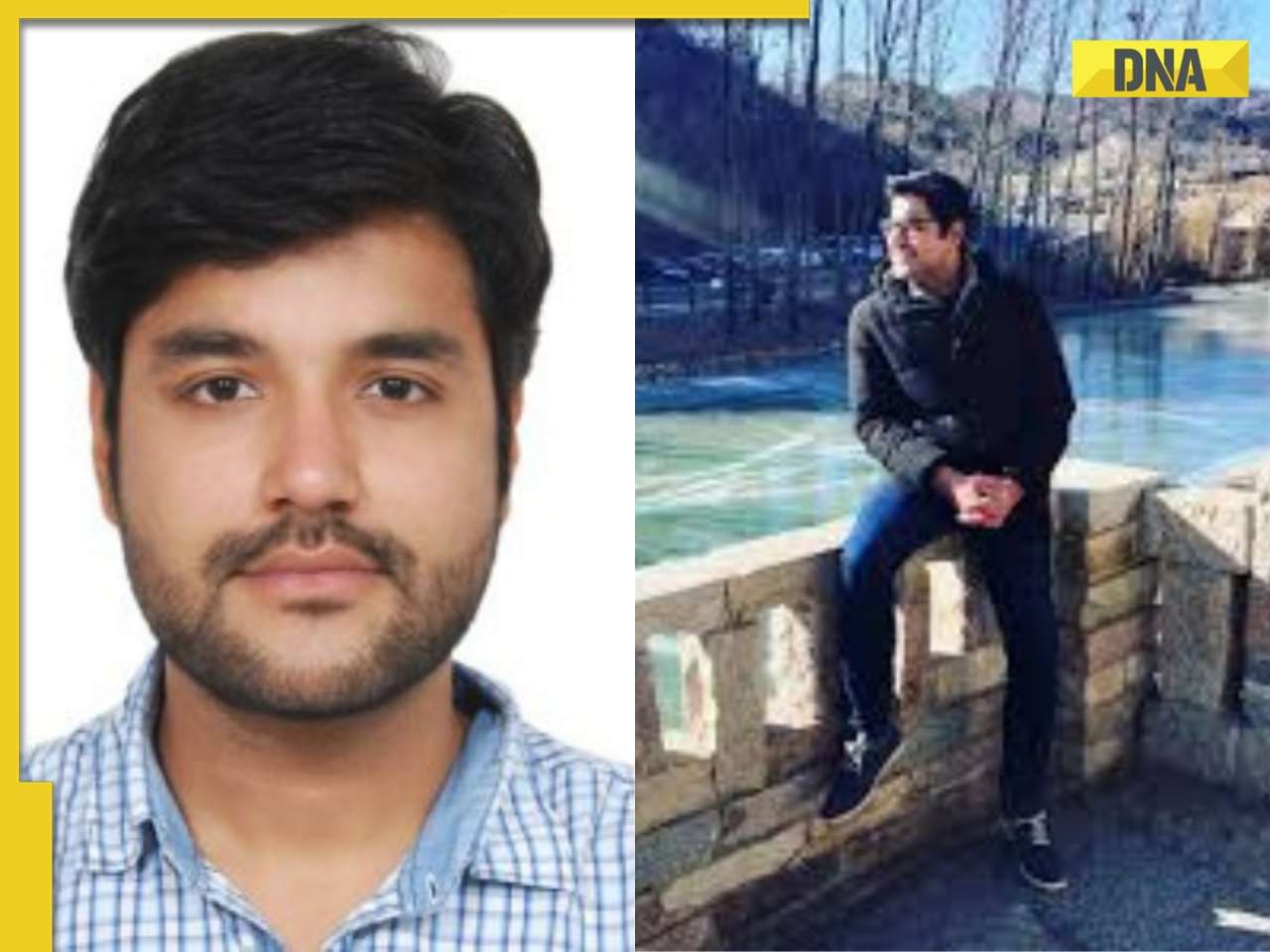




)
)
)
)
)
)
)
)
)
)
)
)
)
)
)
)
































